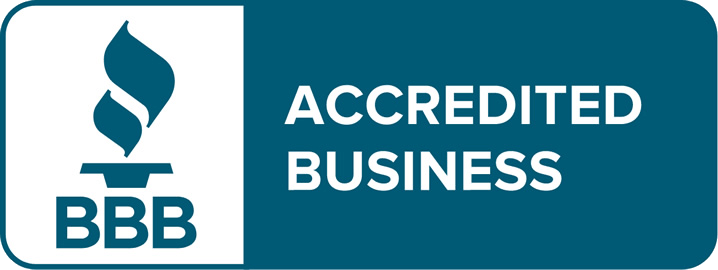The most common way for a business to accrue a new liability is, you guessed it, for failing to file a return on time or failing to pay a required Federal Tax Deposit. There are certainly numerous factors that contribute to a business remaining current and compliant, but the easiest one to overcome is to make sure your business is e-filing its tax returns.
Early last month, the IRS reported that e-filings for businesses had increased nearly 9% from the previous year. This increase continued a pattern of growth for e-filings which have steadily risen over the past 10-15 years. While a large percentage of this increase was due to corporations and partnerships electing to e-file their returns, there are benefits to any business, large or small, in filing and submitting its returns electronically.
Filing returns online is the most efficient way for a business to submit it returns. E-filed returns are processed more quickly than paper filed returns and allow the filer to receive a proof of receipt immediately upon filing. This service is available 24 hours a day, 7 days, and also has the option to set up a direct debit for returns which require a payment – such as 941 Withholding Tax Returns. It is also safer than mailing in returns as there is not the possibility of a return being lost in the mail. Lastly, e-filing lead to fewer errors on returns as the software for the website has a feature designed specifically to catch any mistakes or miscalculations.*Corporations and partnerships can get more information about IRS e-file at IRS.gov
Accessible tools such as these ultimately aid businesses in staying current and compliant with their filing obligations with the IRS. Being current and compliant means that all returns must be filed on time and all Federal tax deposits must be made on time and in full. In turn, this can save businesses money by avoiding the costly penalties for filing a return late or incorrectly. Staying current and compliant is a necessity when negotiating a resolution for any outstanding tax liability. Before the IRS will consider your proposal for resolution, you much show that your business is current and compliant with its filing obligations. This is also extremely important after a resolution has been reached. If, for example, a business has entered into an Installment Agreement, it must not accrue any new tax liability otherwise it risk defaulting that agreement.
Need some expert advice? Give us a call today or simply fill out our contact form and we will be in touch with your shortly.




